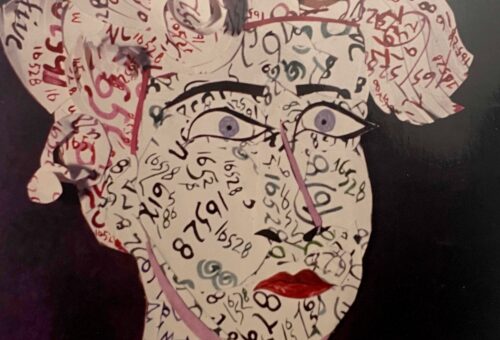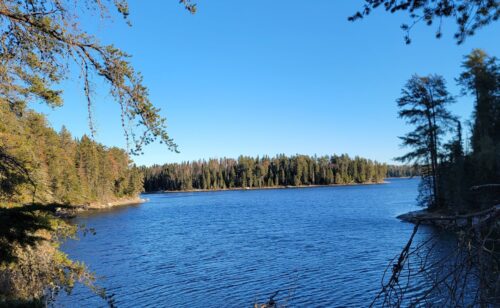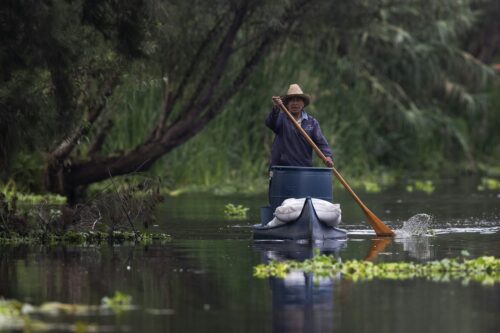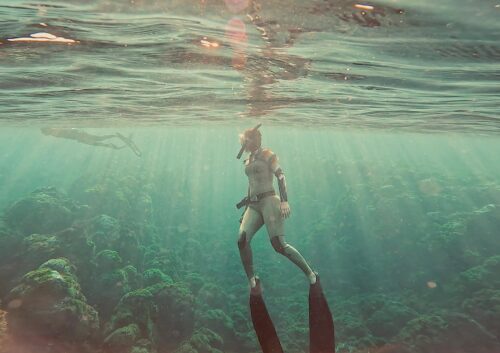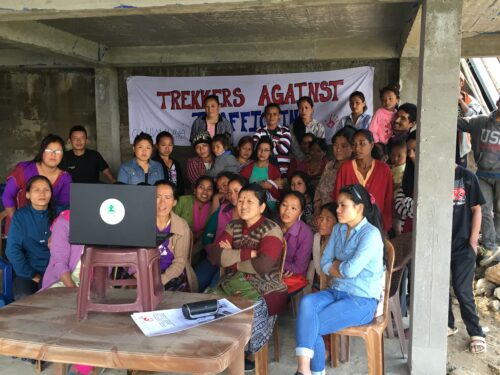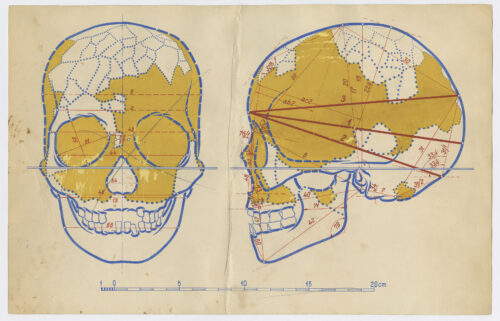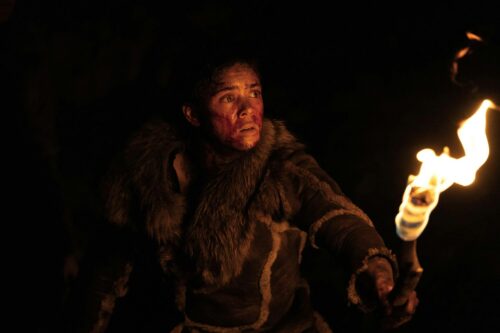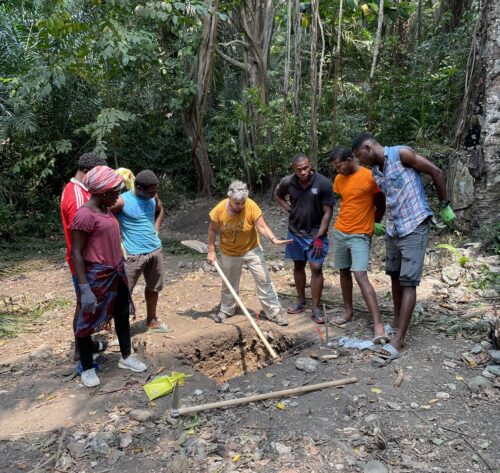Surfing in Color
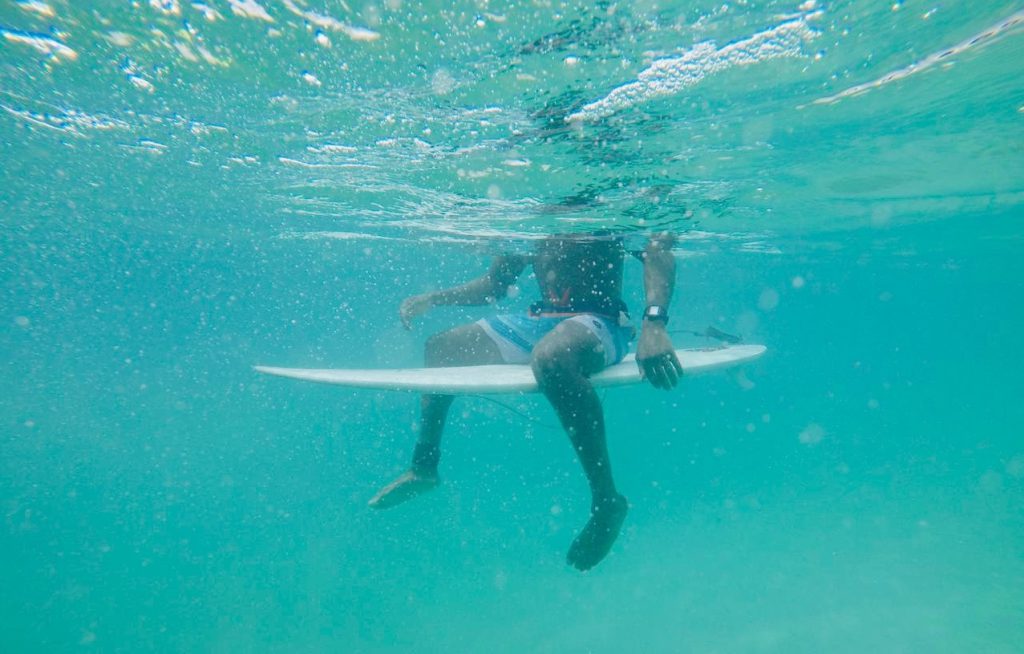
“Surfing in Color” is part of the collection Lead Me to Life: Voices of the African Diaspora. Read the introduction to the collection here.
Floating,
my gaze and my thoughts
shifting abruptly
from infinite hues of blue-colored waves peeling over the glassy ocean surface
to a deep spectrum-ed palette of Black canvas-riders
Absorbing an unprecedented sight,
an entirely Black surfer presence,
floating,
here, in the blue, waiting for waves to come,
thinking to myself:
The misinformed mis-informers say surfing is a White sport—
that Blacks can’t swim;
What powerful lies to tell
Haven’t they heard
of the venerated, the melanated,
the modern surfing pioneer,
Duke Kahanamoku,
the Hawaiian American
who could pass for Black,
who was mistreated as such
at times in his time?
Haven’t they heard
that Africa is pierced
by an unfathomable abundance of gems,
is surrounded by emerald,
by cobalt- and sapphire-colored ocean,
is graced by the ancient
and contemporary expert Black water-folk?
The wealthy, like Manifest Destiny, often obstruct ocean access:
Malibu and Manhattan Beach
While in the Global South, they often live far from the coast
as surging tides of marginalization
flood shores with the poor like flotsam and jetsam:
Accra and Salvador Bahia
What the media and magazines don’t show,
can’t show, won’t sell,
is Us,
the African diasporic surfers
who glide across the U.S. and Latin America,
the Caribbean and Africa,
across Asia and Europe
When those stereotypes intrude,
I float, waiting for the waves to come,
wishing for images of smooth, of powerful,
of violent and groovy Black surfing styles
projecting across the entirety of the burnt orange ocean horizon:
Mikey February, Montgomery “Buttons” Kaluhiokalani, Nick Gabaldon,
Selema “Sal” Masekela, Gilbert Brown, Mary Mills,
Hunter Jones, Rick Blocker, Andrea Kabwasa,
Chalo (Bocas del Toro), Khadjou Sambe, Nique Miller,
Oumar Seye, Rhonda “Rokki” Harper, Victor Bernard,
Morris Gross, Joshe Faulkner, Godspower Pekipuma, and …
And me,
an anthropologist in an ethnographic moment,
reflecting,
floating,
at a postcard-worthy point-break
in Bocas del Toro, Panama,
draped in warm blue-green
Caribbean water
thinking to myself:
This is participant observation, right?
And here,
this morning,
guarding the gratitude
for my serendipitous moment of diasporic reflection,
I paddle, navigating the swells as they enter the rum-colored tropical cove
Waves—
hollow pitching lefts—
whitewater explosions above the jagged coral reef
Thinking to myself:
There are only surfers,
just surfers—
all part of a fluid mosaic, a global tribe with a common love
practicing an ancient and colorful expression of freedom
that no human or humans can claim as their own


